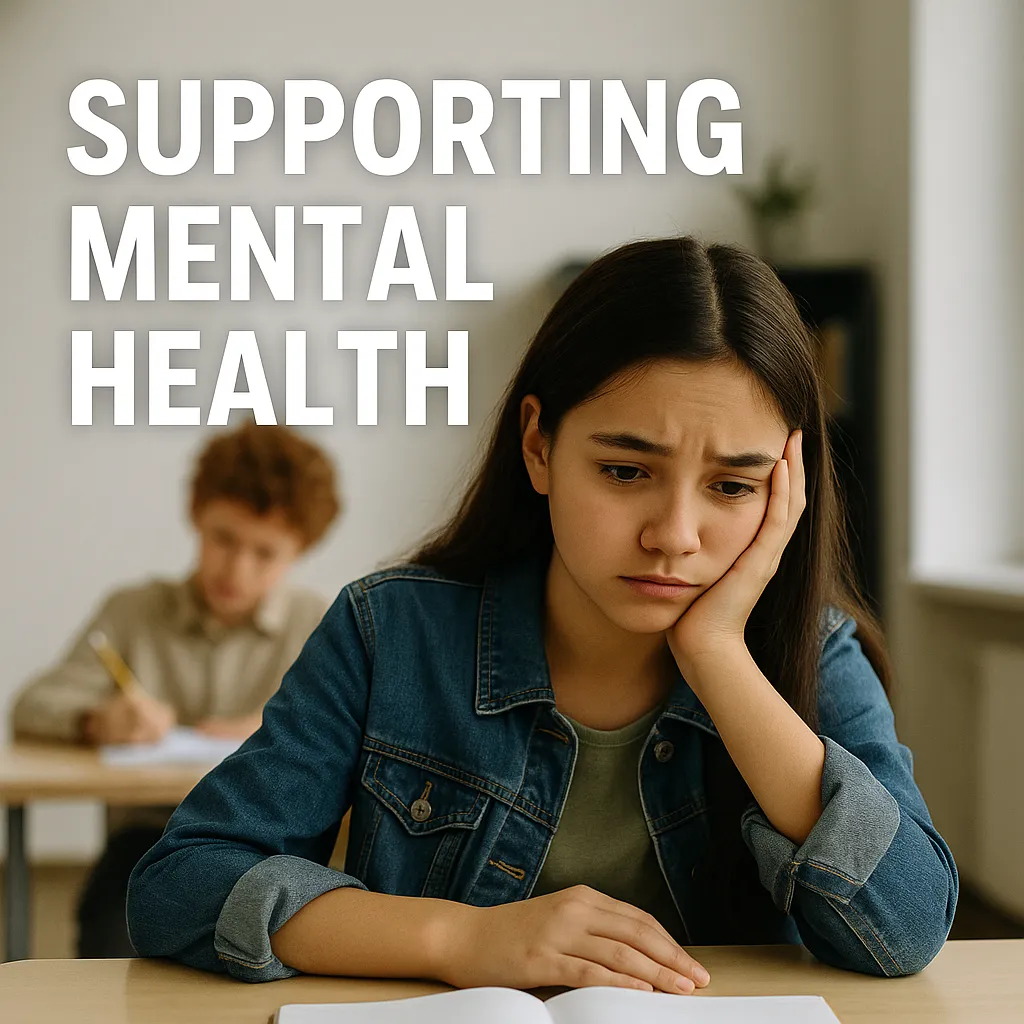
Mental Health & Our Mission at Pillar Of Mercy Homes Inc.
Mental Health & Our Mission at Pillar Of Mercy Homes Inc.
🧠 SECTION: Mental Health Support
🔹 Private Counseling
Why it matters:
Many participants come from traumatic backgrounds — domestic violence, substance abuse, incarceration, or long-term instability. One-on-one therapy provides a safe, judgment-free space to process trauma, anxiety, grief, and other deep-rooted challenges.
How it's implemented:
Residents are paired with licensed mental health professionals.
Weekly sessions are offered onsite.
Therapists use trauma-informed care approaches (e.g., CBT, EMDR, motivational interviewing).
🔹 Group Support
Why it matters:
Isolation worsens mental health and prevents social reintegration. Group therapy offers peer connection, shared understanding, and accountability.
How it's implemented:
Weekly group sessions are hosted in community centers.
Topics include relapse prevention, stress management, parenting after trauma, and goal setting.
Facilitated by counselors but grounded in mutual sharing.
🔹 Life Coaching
Why it matters:
Residents often need help rebuilding confidence and visualizing a path forward. Life coaching bridges the gap between therapy and practical progress.
How it's implemented:
Life coaches help residents set SMART goals (Specific, Measurable, Achievable…).
Sessions focus on careers, relationships, communication skills, and time management.
Residents are encouraged to track and celebrate milestones.
🔹 On-Site Access
Why it matters:
Transportation and stigma often block access to therapy. Onsite services ensure consistent engagement without logistical barriers.
How it's implemented:
Counselors and coaches have private offices within the housing community.
No bus passes or appointment travel needed.
Drop-in hours are available for crises or unscheduled support.
👶 SECTION: Childcare
🔹 On-Site Childcare
Why it matters:
Parents can't heal or work if they have no safe place to leave their children. Onsite childcare provides stability for both parent and child.
How it's implemented:
Licensed early childhood educators provide daily care.
Located within walking distance of homes.
Play-based learning activities aligned with developmental stages.
🔹 Flexible Scheduling
Why it matters:
Mental health appointments, job interviews, or training may fall outside 9–5 hours. Flexibility is key for participation.
How it's implemented:
Care schedules are customized to each resident’s therapy, education, or job training plans.
Evening and weekend care options are available.
Emergency coverage available if crises arise.
🔹 Early Learning
Why it matters:
Children in homeless environments often experience developmental delays. Structured environments help them catch up and thrive.
How it's implemented:
Emphasis on social-emotional learning, literacy, and motor skills.
Trauma-informed care practices (e.g., positive discipline, consistency).
Optional assessments in partnership with local schools or early intervention services.
🔹 School Partnerships
Why it matters:
Continuity in education reduces risk of dropout and emotional instability for children who’ve been displaced.
How it's implemented:
Staff coordinate with nearby elementary/middle schools.
Assist with enrollment, tutoring, and school supply access.
Transition plans are in place for children re-entering public education.
🤝 SECTION: Supportive Communities
🔹 Shared Spaces
Why it matters:
Connection happens organically when people have inviting places to gather. It fosters trust and builds community resilience.
How it's implemented:
Each SCH site includes common gardens, kitchens, lounges, and learning hubs.
Residents share meals, chores, and activities in these areas.
Spaces are trauma-sensitive (open sightlines, calming colors, soft lighting).
🔹 Weekly Gatherings
Why it matters:
Routine social interaction reinforces a sense of belonging and accountability.
How it's implemented:
Hosted dinners, birthday celebrations, peer discussions.
Facilitated by community managers or volunteers.
Creates regular opportunities to uplift and support one another.
🔹 Resident Councils
Why it matters:
Empowering residents gives them agency over their environment, which boosts self-esteem and accountability.
How it's implemented:
Councils vote on community rules, events, and shared space usage.
Residents take leadership roles in planning activities or mediating conflicts.
Encourages democratic, restorative culture.
🔹 Peer Networks
Why it matters:
People recovering from trauma or homelessness often relate best to those who’ve walked the same path. Peer support encourages mentorship, empathy, and real-world advice.
How it's implemented:
Trained peer mentors (often graduates of the program) offer check-ins and informal support.
Encouraged peer coaching on skills like budgeting, parenting, and job prep.
Peer buddy system for new arrivals.